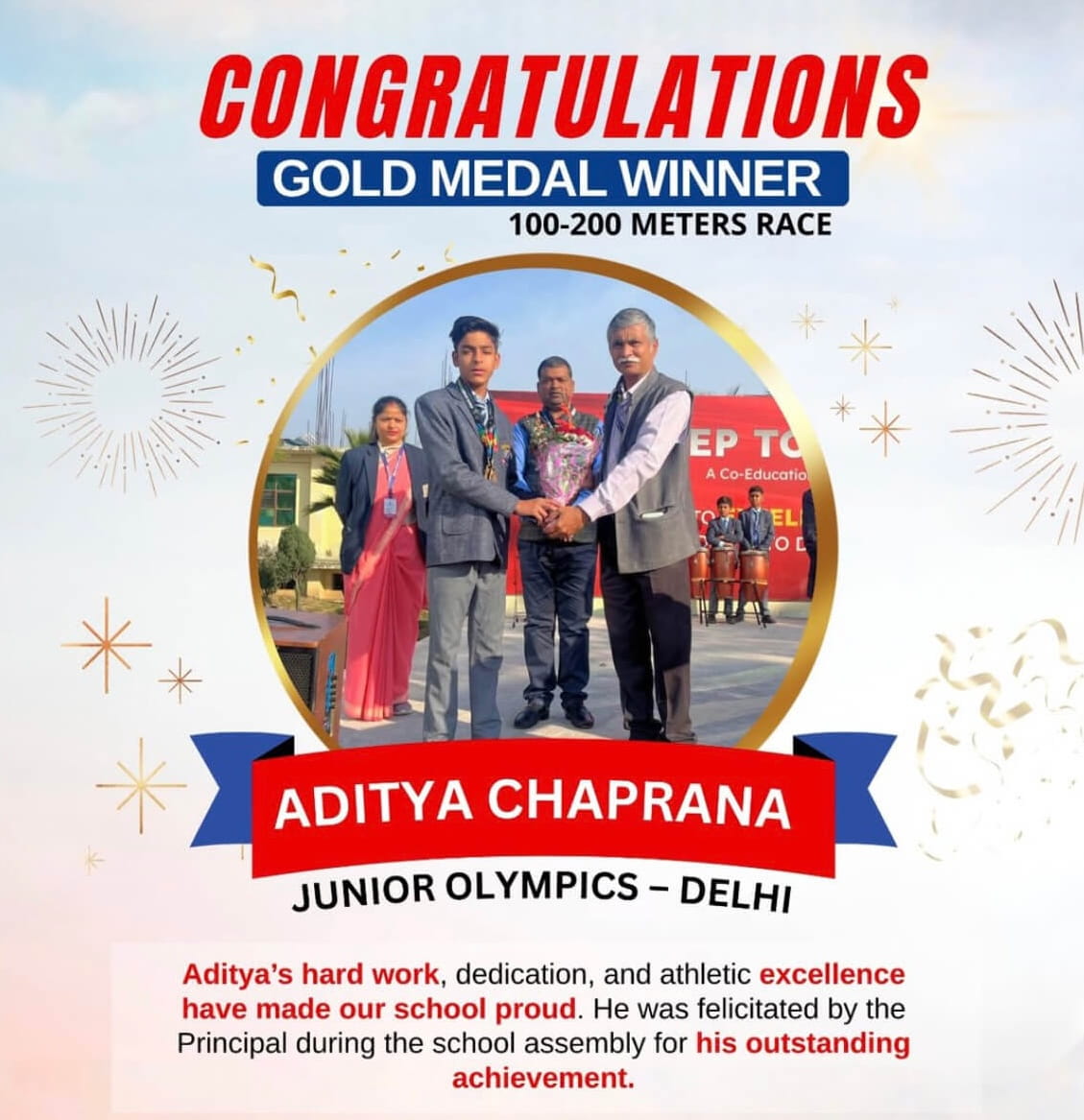The Primary School curriculum at STS is fuelled by the natural curiosity that children exhibit at this age. Children share ideas and experiences, and develop a sense of community and discipline through interactions with nature, people, objects and the environment. They explore and investigate, consolidate and connect what they learn, ponder over and question it, and then demonstrate their learning in multiple ways. Teachers have many roles too: they are facilitators, learners, guides and mentors.
The classrooms and bulletin boards in school reflect the energy generated at this stage by the students. The displays are an explosion of ideas, creativity and pride, illustrating discoveries in languages, math and science. Insights into concepts are expressed using dance, theatre and movement as well. Each class sets its own rules for expected behavior, guided by a school-wide discipline policy. Responsibilities and expectations are clearly defined by the students themselves.
The Primary School Programme
At the primary level, we follow an Integrated Thematic Curriculum based on NCERT (National Council of Education Research and Training) guidelines for Grades 1 – 5.
Curricular Practices in Primary School

